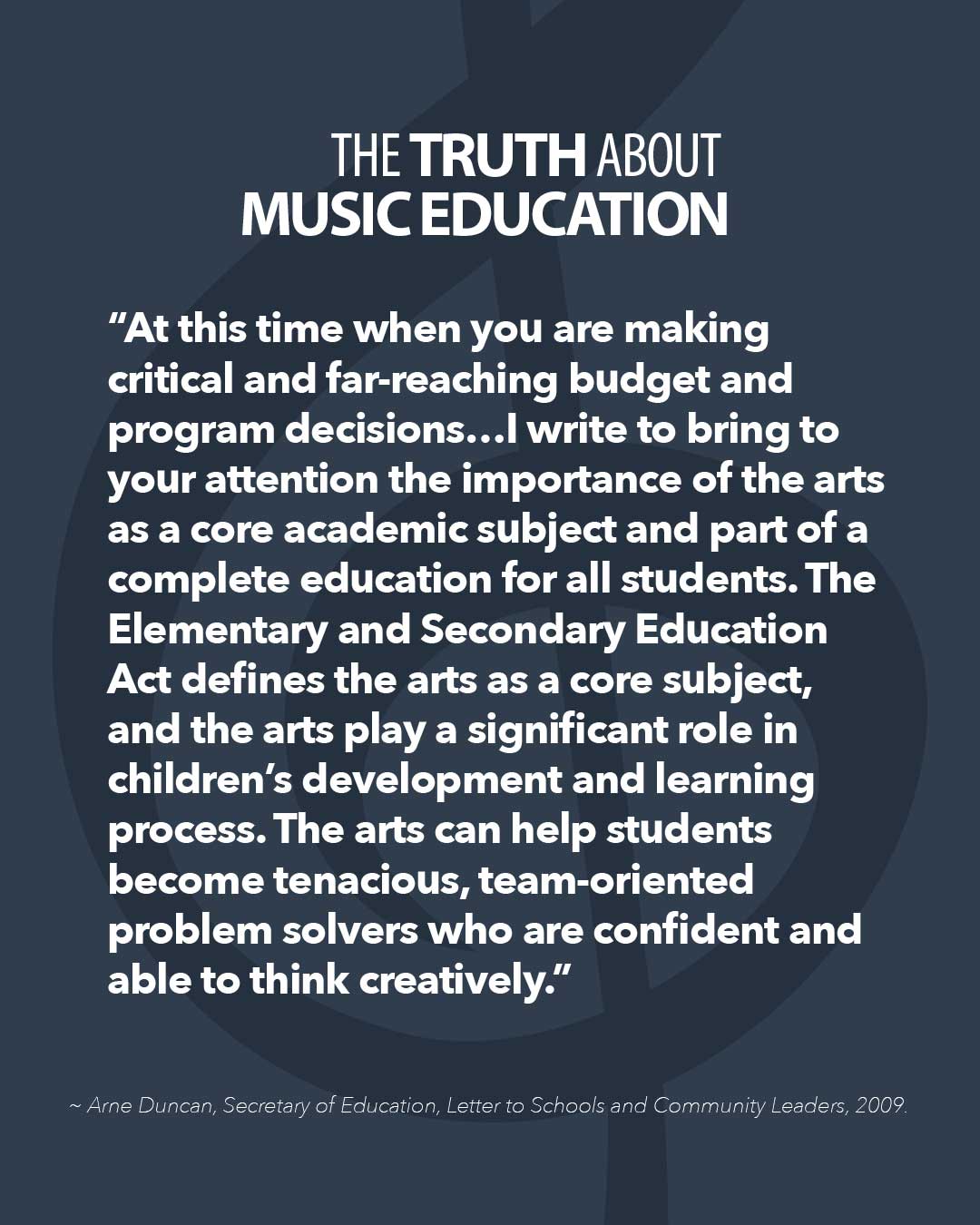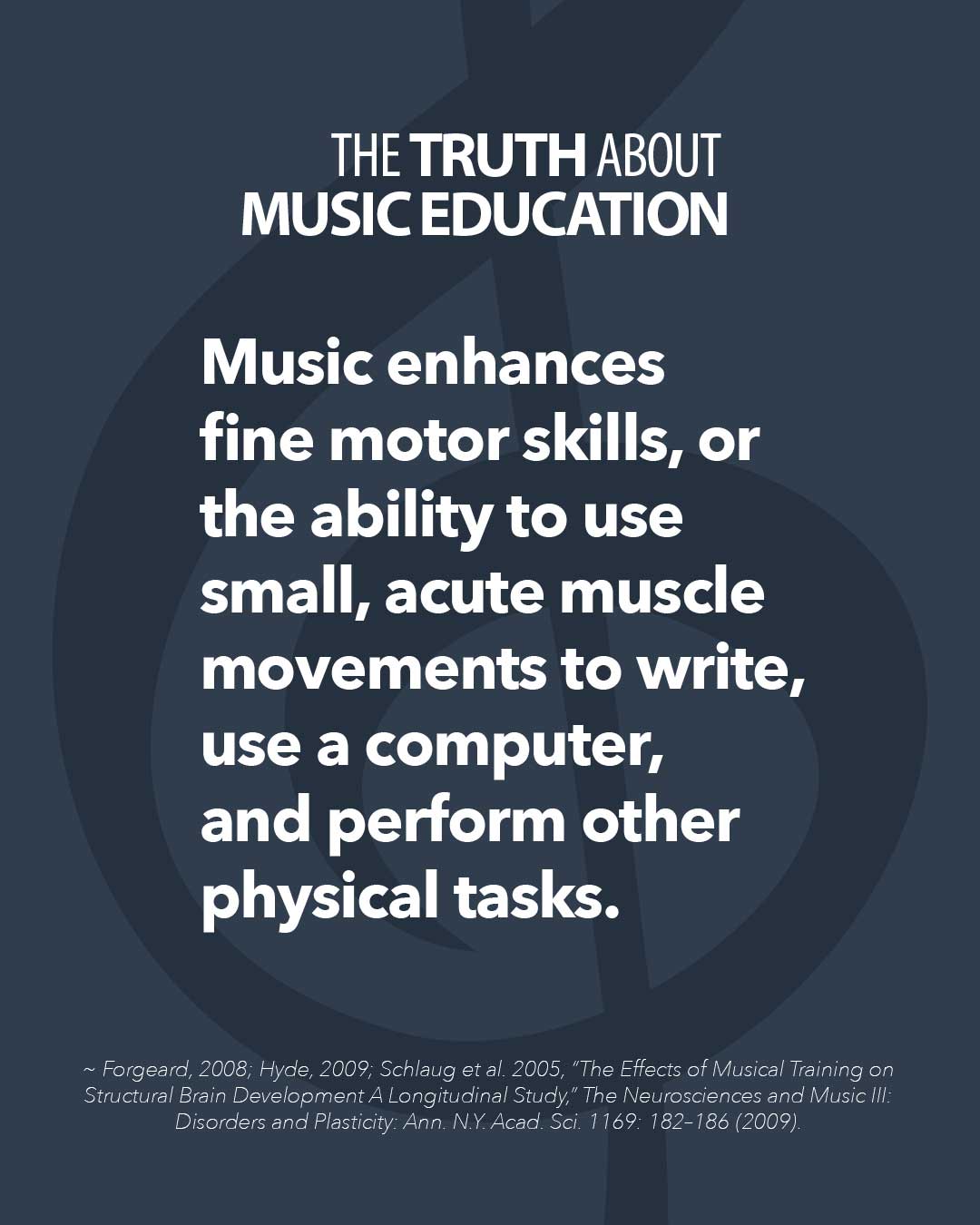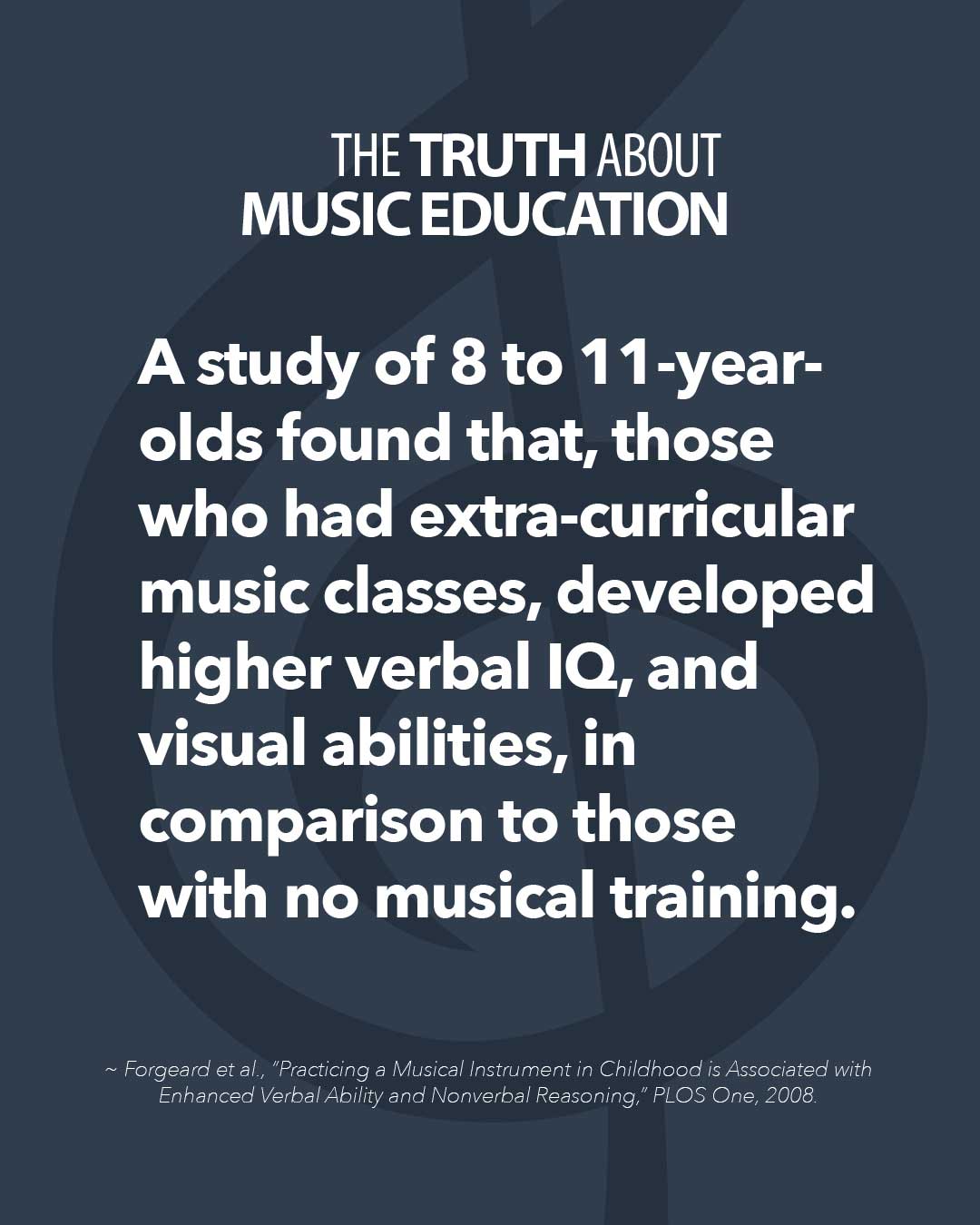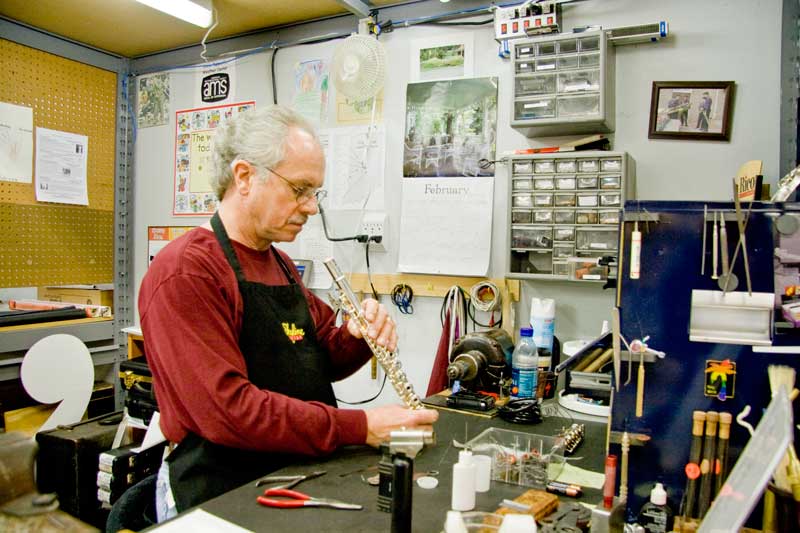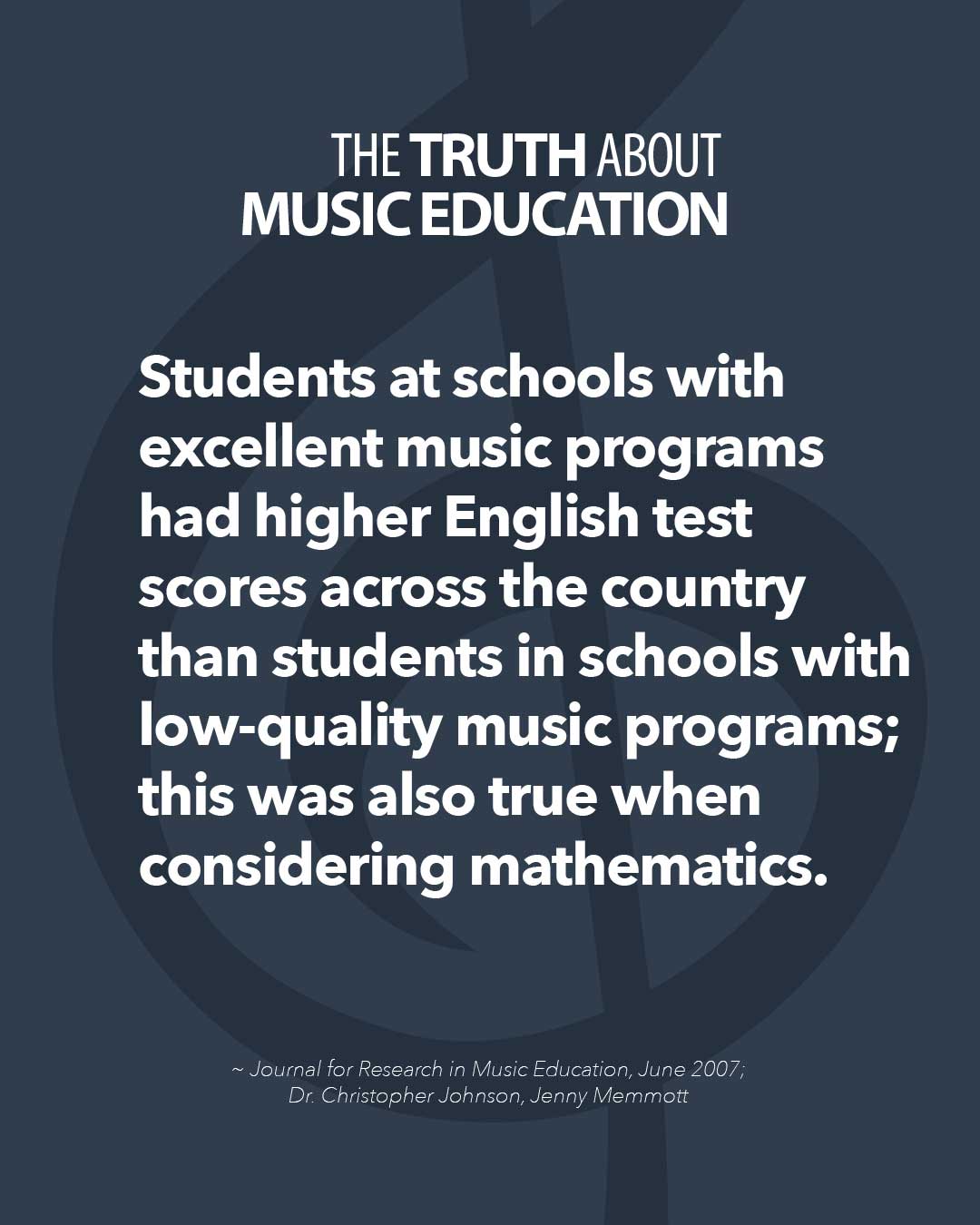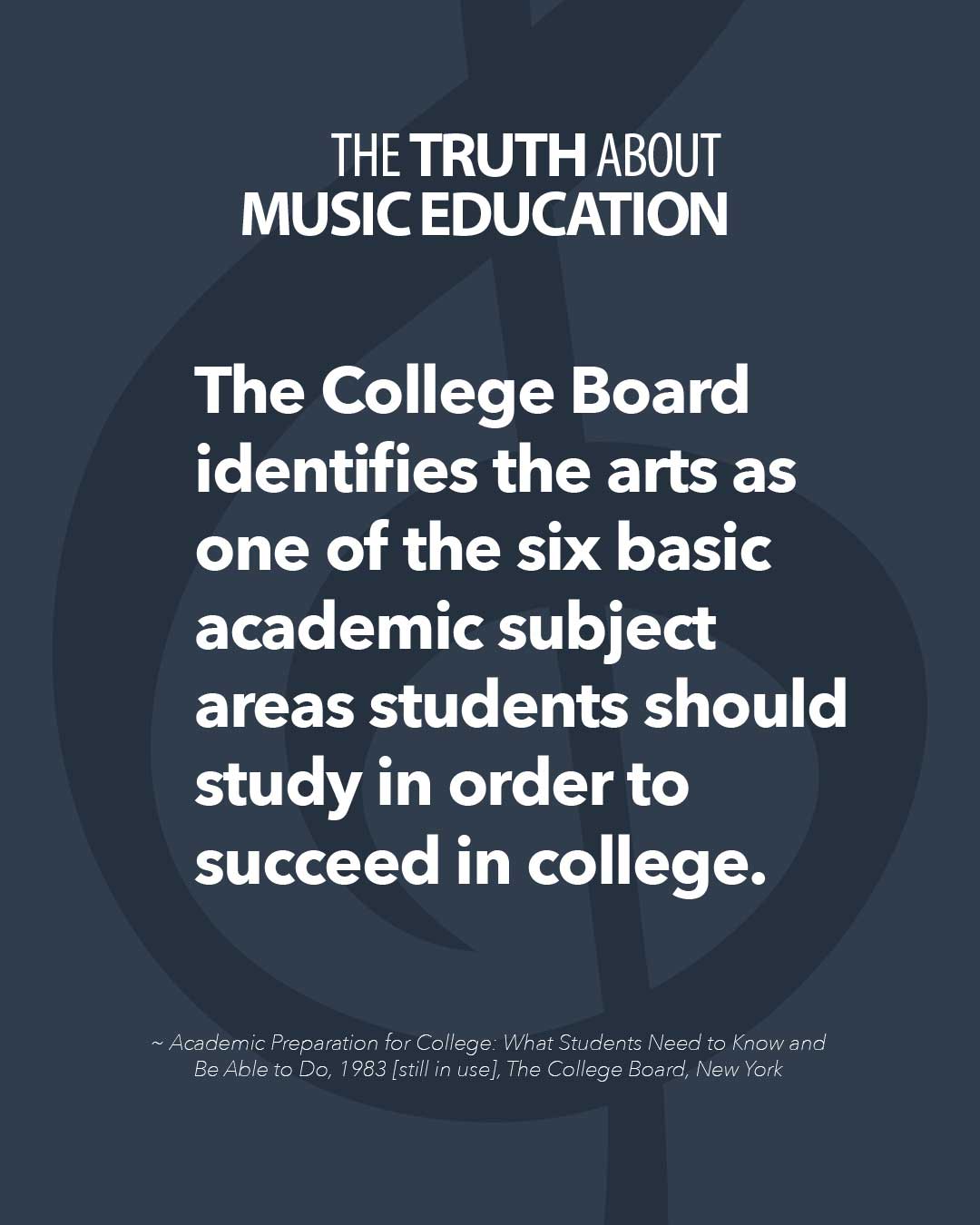
If you’ve been looking for a good reason to exchange your beginner instrument for a more advanced instrument, the month of May is a great time to do just that!
Through the month of May, Paige’s Music will pay the first monthly payment on ALL step-up instruments!
How do I exchange my beginning instrument for a step-up instrument?
There are 2 Convenient Options:
1. Visit Our Store
By visiting our store in Indianapolis, you can complete the exchange in a single visit. This is certainly a very efficient method, allowing you to carefully audition the instruments available.
2. Call Our Store
If visiting the store is not convenient for you, please call the store at 1.800.382.1099. Our retail staff will do their best to provide other options.
In addition to this free rental month, we have 2 special $100 rebates for new Conn-Selmer and Yamaha pro-level instruments that apply not only to purchases, but also for several instruments available on our rent-to-own program. For information on the rebates available, please use the following links:
Conn-Selmer: https://island.news.paigesmusic.com/conn-selmer-play-like-a-pro-100-rebate/
Graduate To Yamaha: https://island.news.paigesmusic.com/graduate-to-yamaha-in-2018-at-paiges-music/
We highly encourage you to visit our store and audition the instruments we offer. We have several intermediate and professional options available so you can be sure to find the instrument that suits your playing needs as well as your budget. What makes intermediate and professional instruments different? Check out our blog on https://island.news.paigesmusic.com/student-vs-intermediate-vs-pro-which-option-is-best-for-me/
If you have any questions about what we offer as well as what qualifies for a rebate, please contact us at 1.800.382.1099 or sales@paigesmusic.com
